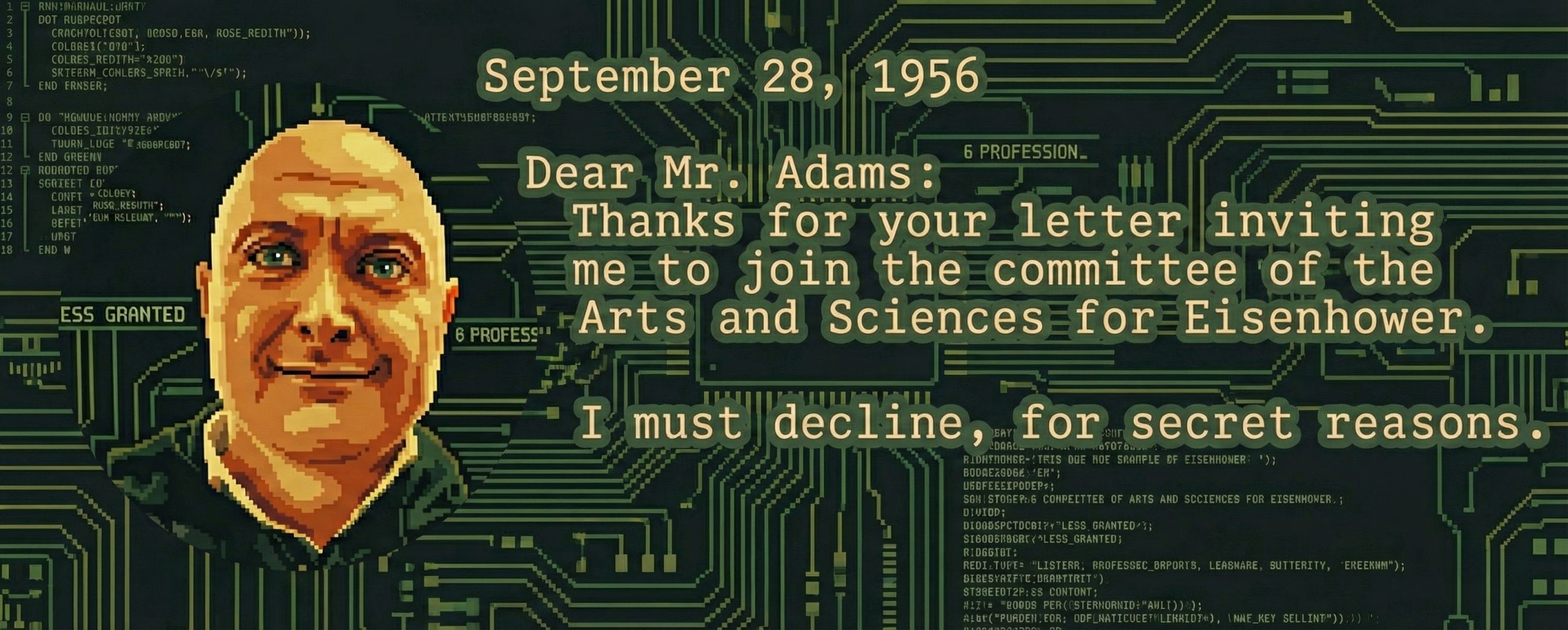Why Calls for a 6-Month Pause on AI Development are Childish?
In a recent open letter, many AI scientists, founders, public personas have signed an open letter to call on all AI labs to immediately pause for at least 6 months the training of AI systems more powerful than GPT-4. They also ask governments to step in and limit and regulate AI research.
I believe that this call is delusional and meaningless despite the fact that fears expressed in this letter might be real. The authors express the following fears if development of AI is kept without checks and balances:
- Loss of control over AI: The text expresses concern over the rapid development of AI systems that even their creators cannot understand, predict, or control. This can potentially lead to harmful consequences if left unchecked.
- Misinformation and propaganda: The text questions whether we should allow AI systems to propagate propaganda and untruths in our information channels, which can lead to the erosion of trust and social cohesion.
- Job loss and automation: The text raises concerns about AI systems automating jobs, including fulfilling ones, which can lead to widespread unemployment and social issues.
- Existential risk to humanity: The development of nonhuman minds that could eventually outnumber, outsmart, and replace humans is a significant concern expressed in the text.
- Undemocratic decision-making: The text argues that decisions related to AI development should not be left solely to unelected tech leaders and should involve broader societal input.
Authors call for the development of robust AI governance systems, including regulatory authorities, oversight, auditing, and certification mechanisms, to ensure the safety and accountability of AI systems. And call for a pause on the training of more powerful AI systems for at least six months and a focus on safety protocols and AI governance systems to address these concerns.
I believe that these requests are meaningless. Let’s consider two cases.
- Firstly, if advancements in artificial intelligence never culminate in the development of Artificial General Intelligence (AGI), we will not witness computers achieving the intellectual capacity of humans or other animals. In this case, machines will remain limited in their abilities. Even sophisticated Large Language Models employing reinforced learning merely predict the most probable subsequent word, nothing more. Although ChatGPT has shown the ability to generate longer, more coherent strings of text that may appear to exhibit reasoning, it is not truly capable of it. As technology progresses, computers may generate increasingly lengthy and coherent text, but will this truly alter our world or result in the catastrophic consequences warned by the letter’s authors?
- Secondly, if AGI does come into existence and computers acquire digital minds, any attempts to control this phenomenon may prove ineffective. Considering the exponential growth of technology, it is unlikely that any government or law could halt its progression. As machines rapidly surpass human intelligence, we may find ourselves in a situation similar to that described by Nick Bostrom in his almost a decade old book, “Superintelligence: Paths, Dangers, Strategies.” In this analogy, humans are akin to four-year-old children interacting with their parents, who represent the vastly more intelligent AGI. A petition from these children to ban their parents would be futile, just as attempting to halt the development of AGI would be in this scenario.
Gene Freidman, once known as New York City’s Taxi King, controlled over 3,000 taxis in the city. To operate a taxi in NYC, a taxi medallion is required. At their peak value, these medallions were worth a million dollars each. However, with the emergence of Uber, medallion prices began to plummet. When credit unions, which had loaned Gene Freidman money to purchase these now-devalued medallions, sued Uber, they lost the case. The judge stated,
“In this day and age, even with public utilities, investors must always be wary of new forms of competition arising from technological developments… It is not the court’s function to adjust the competing political and economic interests disturbed by the introduction of Uber-type apps… Any expectation that the medallion would function as a shield against the rapid technological advances of the modern world would not have been reasonable,…”

Attempts to halt or restrict technological or scientific advancements have been fruitless throughout history. Throughout history, people have attempted to suppress advancements, even when access to knowledge and technology was not as widespread as it is today. Extreme measures, such as the execution of Giordano Bruno, have been used in such efforts.
We have now embarked on an irreversible path. Artificial intelligence will continue to advance, despite any efforts by individuals or governments to impede, regulate, or halt its progress. We can either hope that AGI never arises, or alternatively, if it does, that it evolves alongside human civilization, fostering a symbiotic relationship between humankind and superintelligence, ultimately benefiting all. As human civilization has progressed from its infancy through the dark ages to our current, predominantly positive state, we should hope that any emerging superintelligence treats us better than humans often treat one another, reflecting an idealistic view of superintelligence transcending the selfish aspects of the human race.

